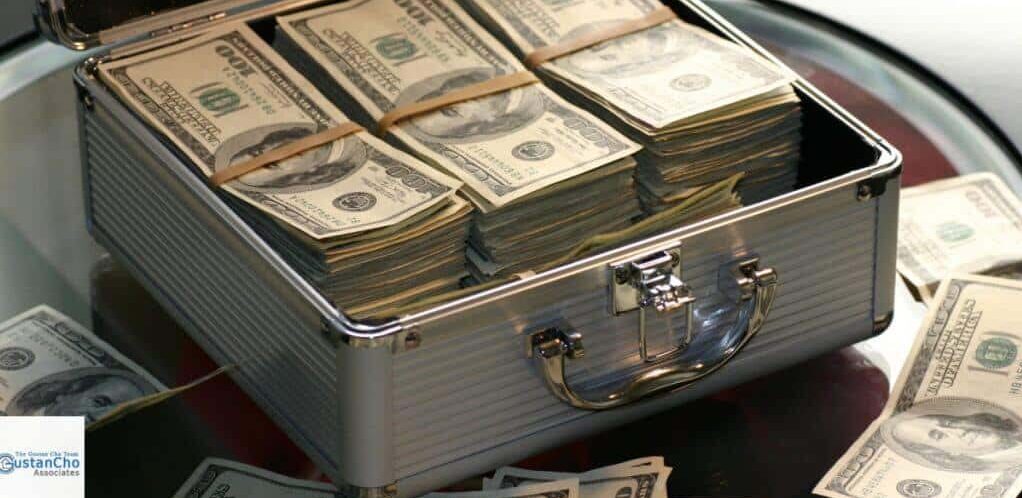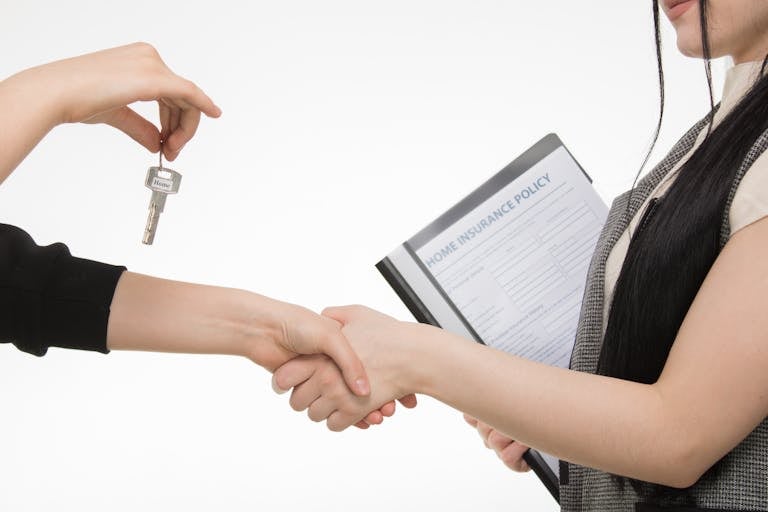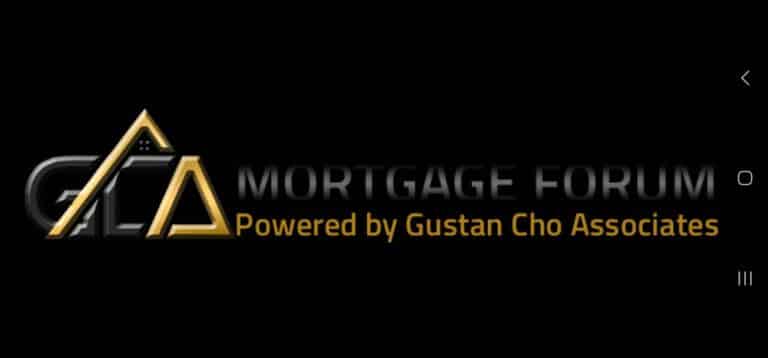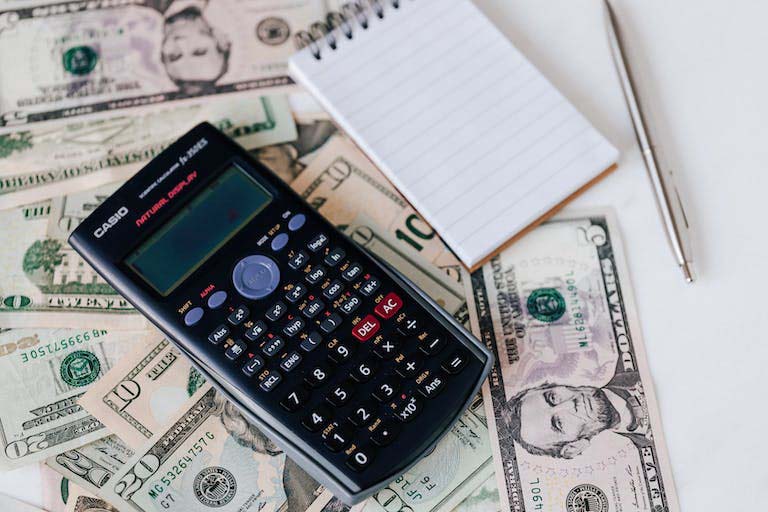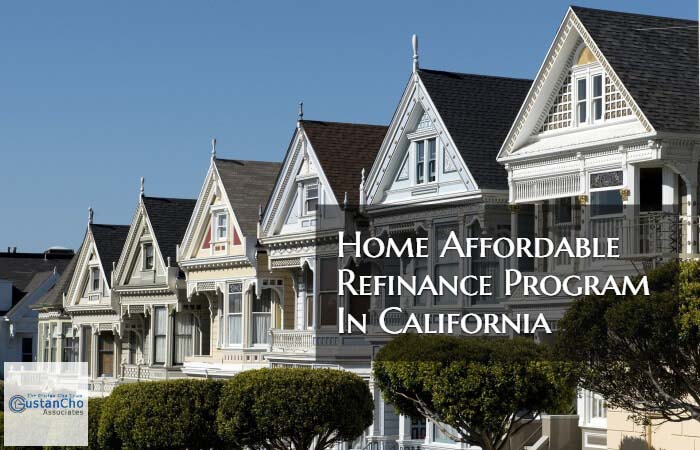Guide to Cash-Out Refinancing
This guide covers cash-out refinancing for homeowners.
Home values are rising quickly, and many homeowners are discovering that they have more available home equity than they thought. That equity can be converted into cash with a cash-out refinance mortgage.
The combination of rising equity and very low mortgage rates is making cash-out refinancing very attractive to homeowners. This post details cash-out refinancing guidelines for conforming, nonconforming, FHA and VA home loans.
See cash-out refinance rates and qualify in just five minutes.
What Is a Cash-Out Refinance?
Cash-out refinancing means replacing your existing home loan with a new one. If your property value is $400,000, most conventional lenders will let you do a cash-out refinance up to $320,000. If you owe $250,000, you could convert as much as $70,000 of home equity to cash.
Cash-out refinancing is just one way of converting home equity to cash. The other options are home equity loans and home equity lines of credit, or HELOCs. We’ll cover the pros and cons of each further down in this guide.
Benefits of Cash-Out Refinance Mortgages
Cash-out refinancing is a way for homeowners to kill two birds with one stone — improving the terms of their mortgage and getting cash for things like home improvement, debt consolidation, starting a business or buying another property.
Cash-out refinancing can offer advantages over home equity loans. First, the interest rate is lower. Second, the repayment term is longer. Because the loan is secured by real estate, the interest rate for a cash-out refinance is lower than most if not all other types of financing. And you can fix that low interest rate for up to 30 years.
Debt Consolidation With Cash-Out Refinancing
One of the most popular purposes for cash-put refinancing is debt consolidation. If you’re carrying a lot of high-interest debt, or your monthly payments are too high to manage, a cash-out refinance may help you improve your financial position.
When you refinance to a larger mortgage, your monthly payment will probably increase, even if you get a lower mortgage rate. But when you consolidate higher-interest debt, your overall expenses can fall spectacularly.
For example, Jolene owes $28,000 in credit card debt. Her interest rate is 18% and her minimum monthly payment is $1,120. At this rate, it will take her 17 years and three months to pay off her debt and it will cost her over $18,000 in interest. Jolene also owes $200,000 on her mortgage after five years, her interest rate is 4.5% and her payment is $1,013. So she’s spending $2,133 a month for her mortgage and credit cards.
Assuming the Jolene can borrow $228,000 at 3.75%, her new payment is $1,056 per month. That’s $43 higher than the old mortgage. But her credit card payments are gone, so she pays $1,077 less each month after completing a cash-out refinance.
How Much Cash-Out Can You Get?
In most cases, you can’t cash out every last dollar of equity with a cash-out refinance. Mortgage lenders want a cushion of equity in case they have to foreclose. They need to be certain that they can get back what you owe by selling the property.
This table shows cash-out limits for Fannie Mae/Freddie Mac, FHA and VA home loans. Note that these programs also have loan limits that may kick in if your home value is high. For Fannie Mae, Freddie Mac and FHA home loans, the loan limits depends on median home prices in the county or metro area.
| How Much Cash Out Can I Get With a Refinance? | |||
| Single Family Primary Residence | |||
| Program | Max LTV | Max Loan Amount | Hi-Cost Area Max |
| Conforming | 80% | $548,250 | $822,375 |
| VA | 100% | No Max | No Max |
| FHA | 80% | $356,252 — $776,250 | $822,375 |
| Nonconforming | 75% | No Max | No Max |
Cash-Out Refinance Guidelines for FHA Loans
A home buyer who purchased a home with an FHA Loan may be able to cash out home equity if their property value has increased.
However, FHA cash-out loan-to-value is now 80% — the same as conventional (non-government) mortgages. And conventional loans don’t require expensive mortgage insurance like FHA loans do. So if you can qualify under Fannie Mae or Freddie Mac, it’s almost always cheaper to do a cash-out refinance with those programs.
To be eligible for an FHA cash-out refinance, the homeowners must have made at least 12 months timely payments on their FHA loan. The maximum loan-to-value (LTV) ratio for an FHA cash-out refinance is 80%. The FHA recently lowered it from 85%.
Click here to pre-approval for your mortgage
Cash-Out Refinance Guidelines for Conforming (Fannie Mae and Freddie Mac) Loans
Fannie Mae and Freddie Mac are the two main clearing houses for lenders to sell loans to investors. They created standards for these loans so that one is pretty much the same as another. Then they pool those loans and sell shares in the pools. The shares are called mortgage-backed securities, or MBS.
These loans are called “conforming loans” because they need to conform to Fannie Mae and/or Freddie Mac mortgage lending standards.
Conforming loans are not the same as conventional loans. “Conventional” loans are mortgages that are not backed by the government. All conforming loans are conventional mortgages, but not all conventional loans are conforming loans.
Fannie Mae and Freddie Mac require borrowers to have their conforming loan for six months before they can refinance with cash-out.
The maximum loan-to-value (LTV) for conforming cash-out refinancing is 80%.
Cash-Out Refinance Guidelines for Nonconforming Mortgages
Conventional home loans that do not meet the guidelines established by Fannie Mae or Freddie Mac are called “nonconforming.” That’s because they do not conform.
Loans that exceed the maximum loan amount for conforming loans are called “jumbo mortgages.”
Most jumbo lenders will only do a cash-out refinance of up to 75% LTV. However, nonconforming lenders can establish their own guidelines and do almost anything they want as long as they obey lending laws.
Other loan programs are considered nonconforming because they might verify your income differently (in some cases by examining your bank statements, for example). Nonconforming loans called “non-prime” allow lower credit scores or less waiting time after bankruptcy or foreclosure.
Nonconforming loans are harder to find and compare because they are not standard.
Cash-Out Refinance Guidelines for USDA Loans
The USDA does not allow cash-out refinancing.
Homeowners with a USDA Loan who want to take cash out will have to refinance with a conventional, FHA or VA home loan.
Cash-Out Refinancing Guidelines for VA Mortgages
The United States Department of Veterans Affairs is the government agency in charge of VA Loans.
VA Loans is hands down the best mortgage loan program available. If you’re eligible for VA financing, you can get the most cash out — up to 90% from most lenders and up to 100% in some cases.
VA Loans are only available to eligible veterans and servicemembers. The Department of Veteran Affairs allows up to 100% loan to value on a VA cash-out refinance. However, there are VA mortgage lenders who impose VA mortgage lender overlays
Lenders with overlays may only lend up to 90% LTV on a VA Loan even if the Department of Veterans Affairs will allow up to 100% LTV VA Loan cash-out refinancing.
Talk to our expert for VA mortgage loans, click here to fill up form or call us
Cash-Out Refinance Home Mortgage With No Lender Overlays
Most lenders add overlays to official program guidelines, making it harder for applicants to qualify. For example, the FHA allows lenders to approve mortgage with credit scores as low as 580 with 3.5% down. But many lenders set their minimum credit score at 620, 640 or even 660.
Gustan Cho Associates offers cash-out refinancing with no lender overlays. Gustan Cho Associates Mortgage Group has a national reputation for not imposing overlays on government and conventional loans.
Contact us at Gustan Cho Associates at 800-900-8569 or text us for a faster response. Or email us at gcho@gustancho.com. The team at Gustan Cho Associates is available 7 days a week, evenings, weekends, and holidays.
Frequently Asked Questions (FAQs)
Q1: What can I use the cash from a cash-out refinance for? You can use the cash for various purposes, such as home renovations, paying off high-interest debts, funding education, or investing.
Q2: How much equity do I need to qualify for cash-out refinancing? Lenders often require at least 20% equity in your home, but requirements may vary.
Q3: Can I get cash-out refinancing with bad credit? While it’s more challenging with bad credit, some lenders offer cash-out refinancing options for borrowers with lower credit scores.
Q4: Are there tax implications for cash-out refinancing? Consult a tax advisor, as the tax treatment of cash-out refinancing can vary based on your specific situation and the purpose of the funds.
Q5: How does cash-out refinancing differ from a home equity loan or line of credit? Cash-out refinancing swaps your existing mortgage with a new one. At the same time, a home equity loan or line of credit is a separate loan against your home’s equity.

